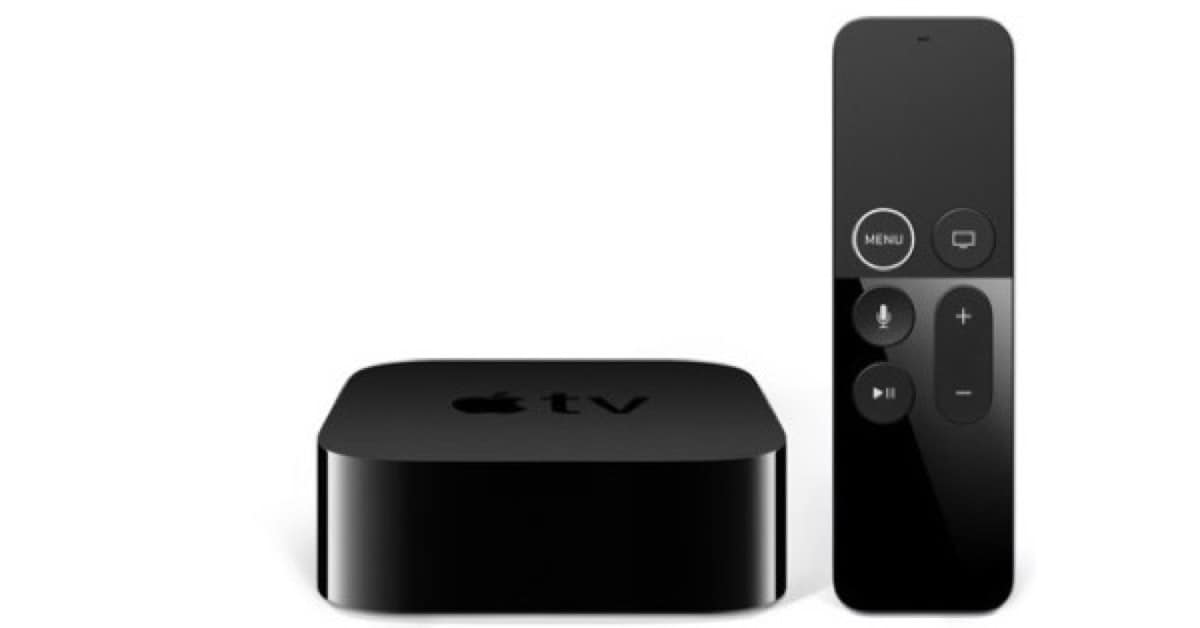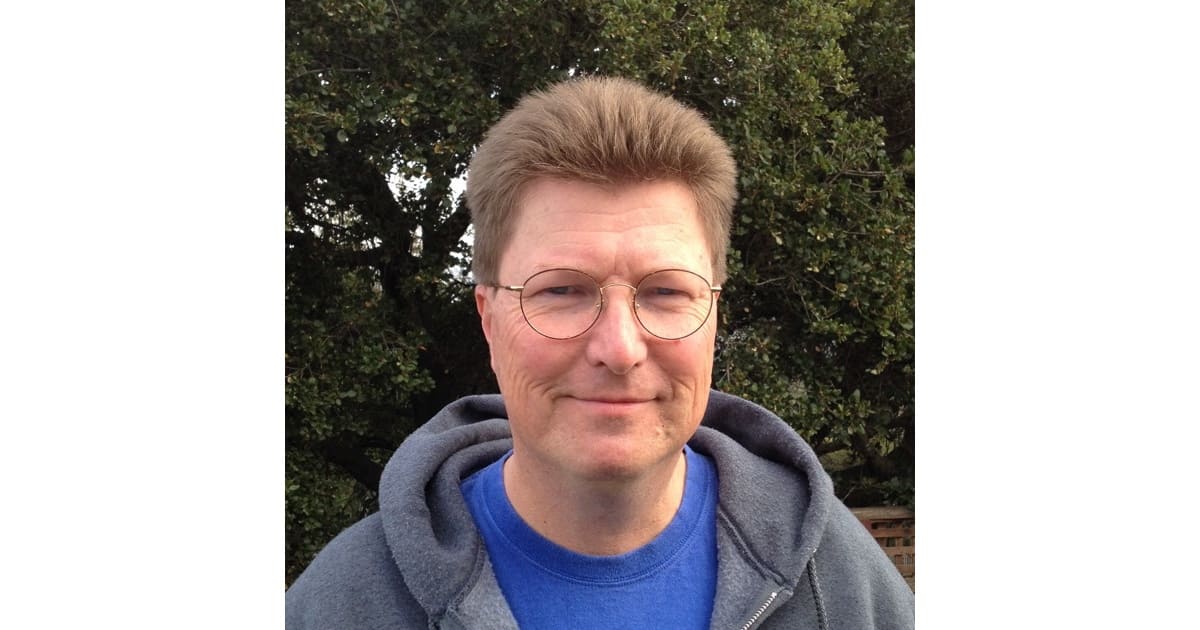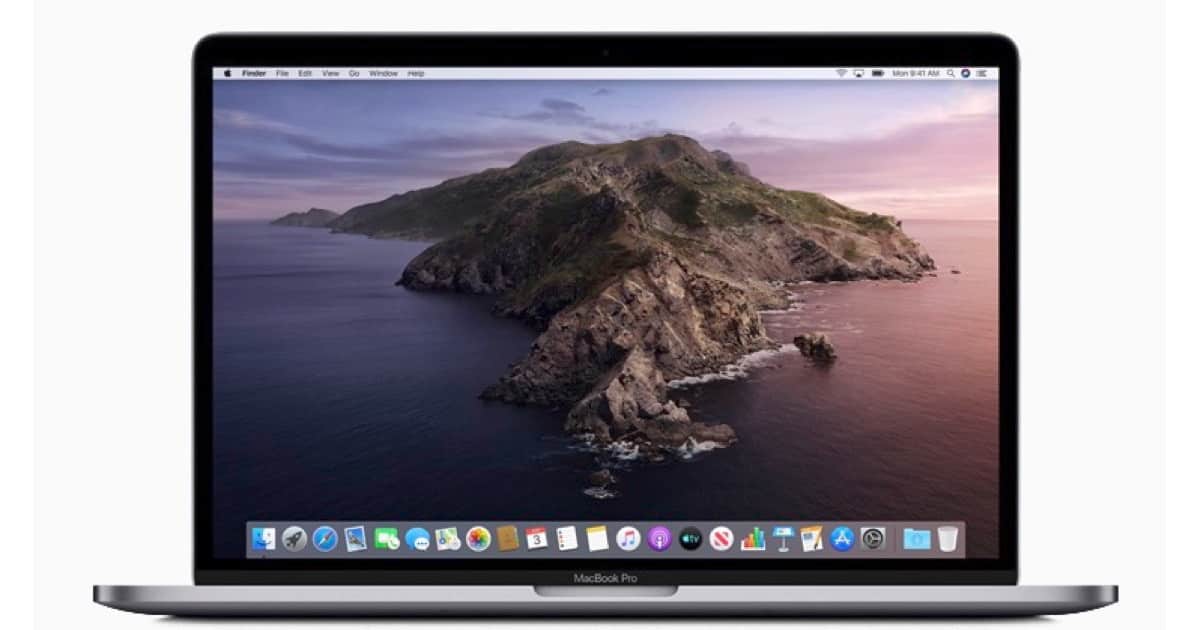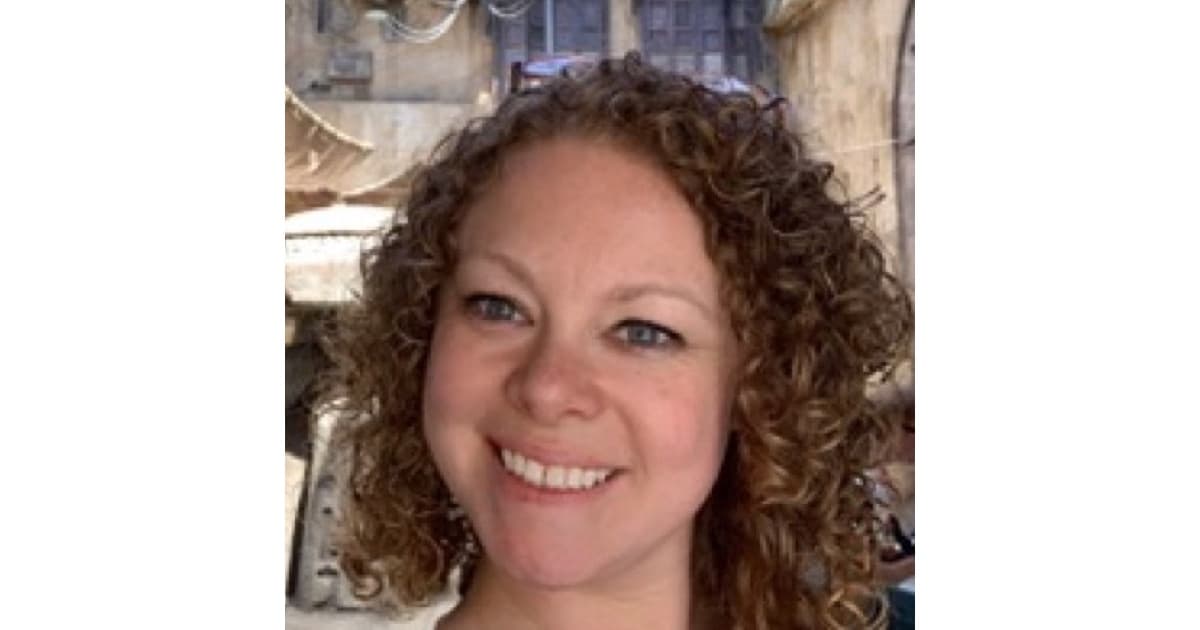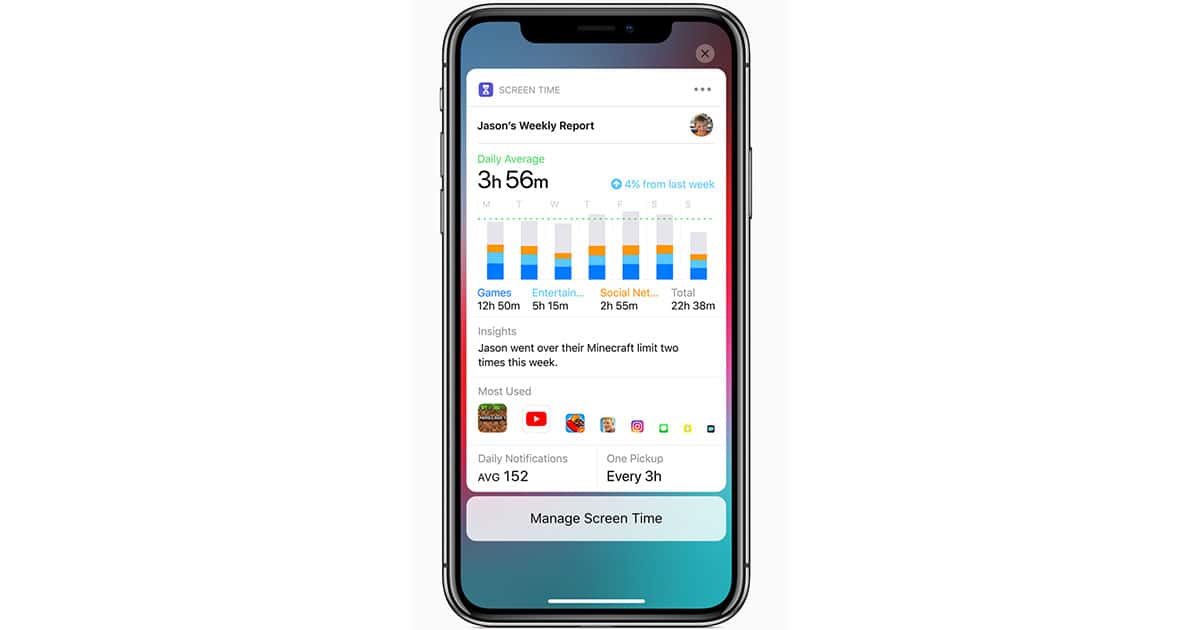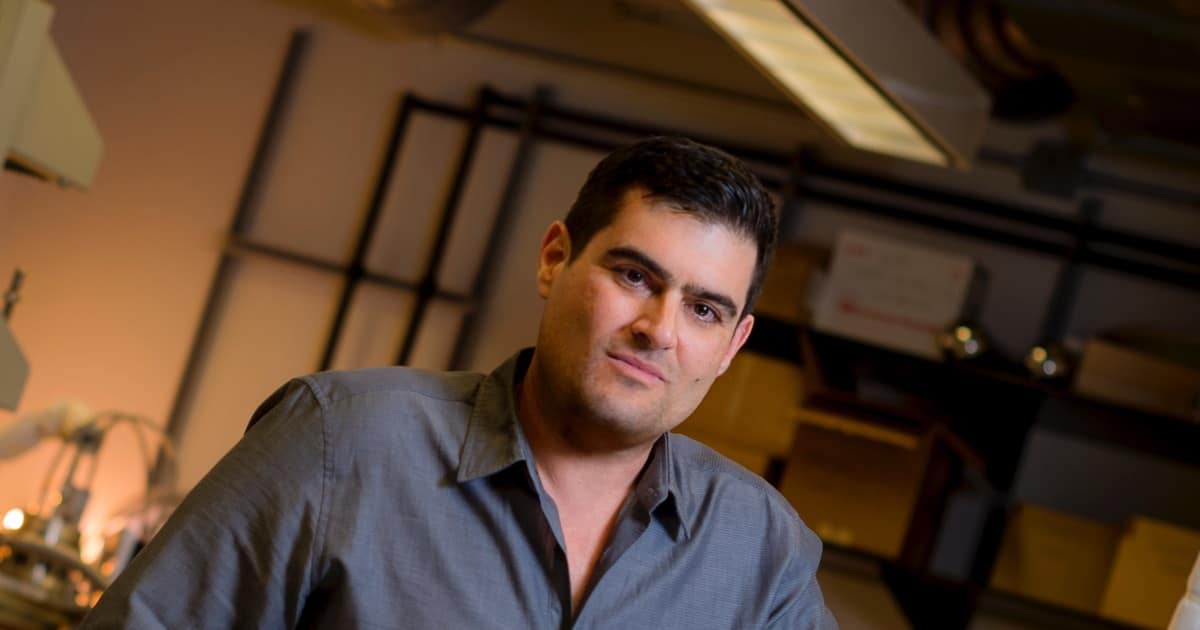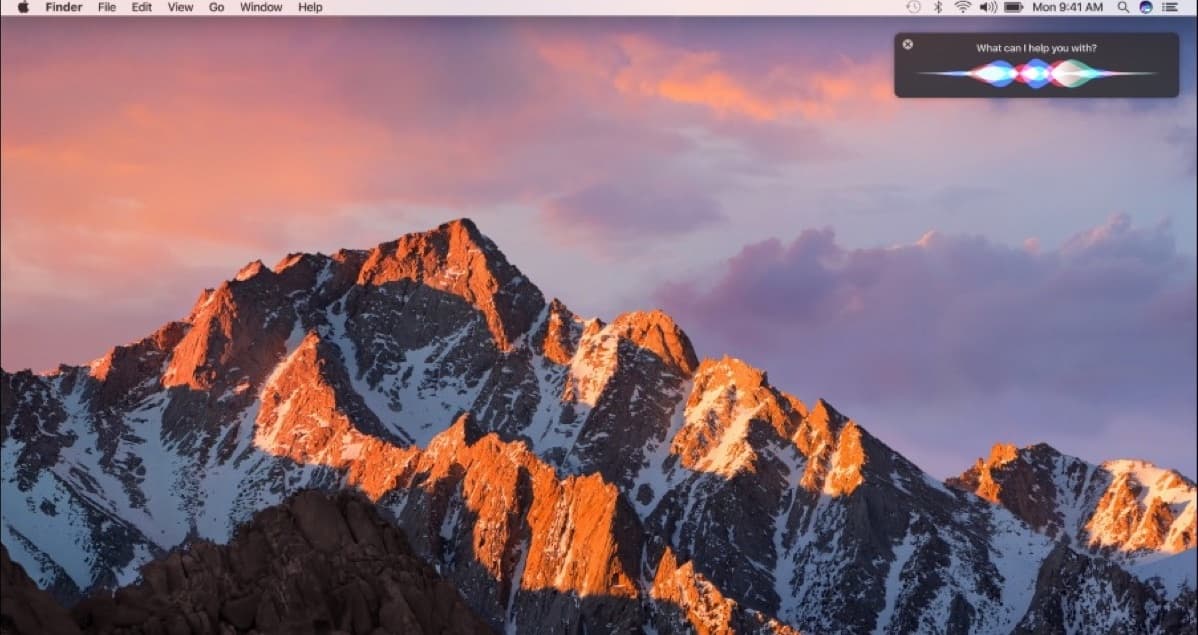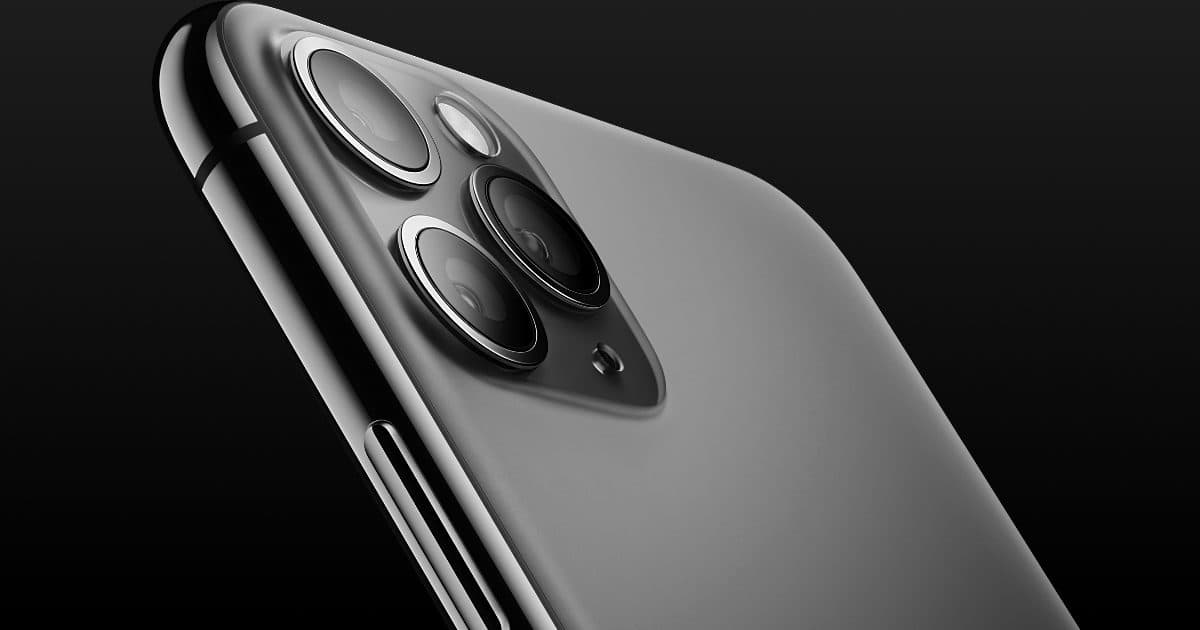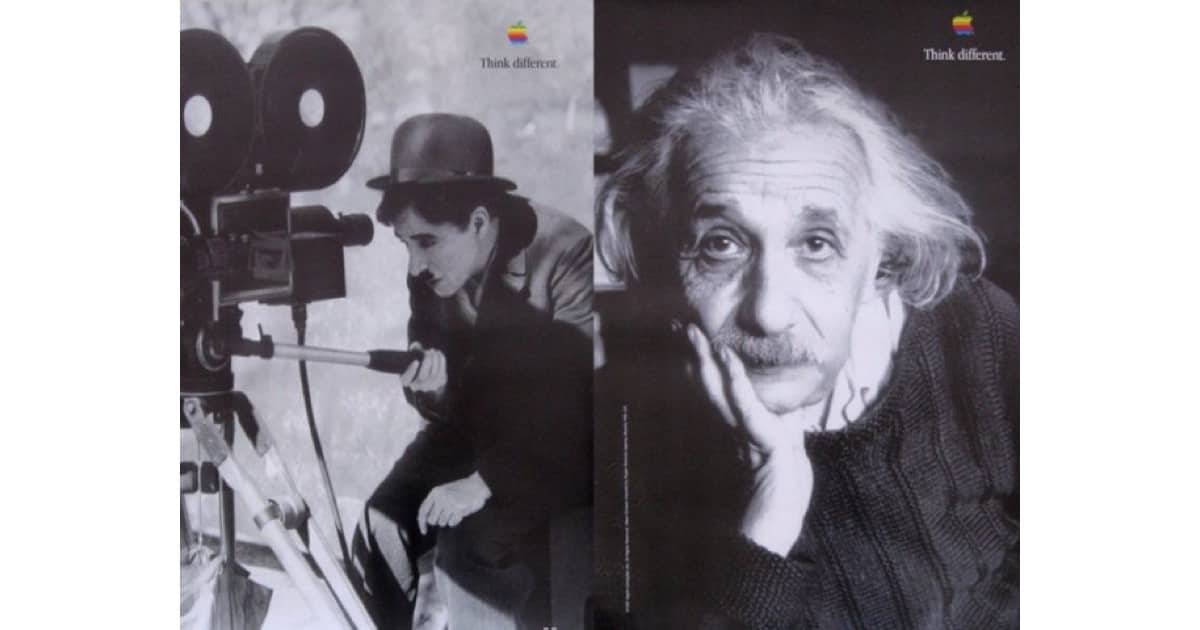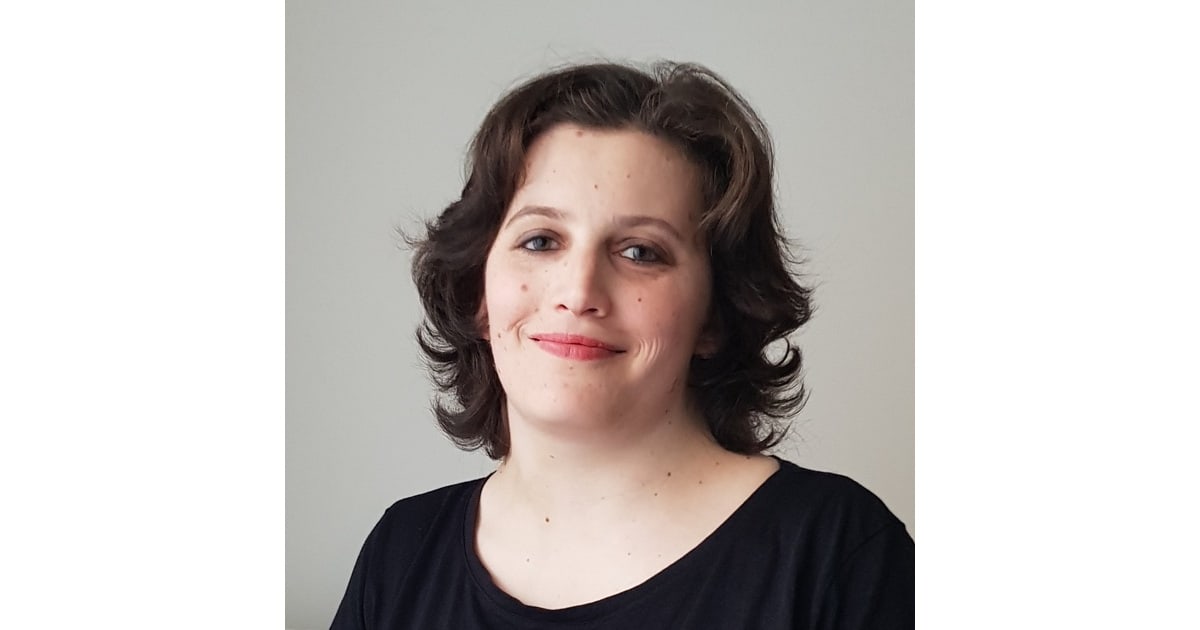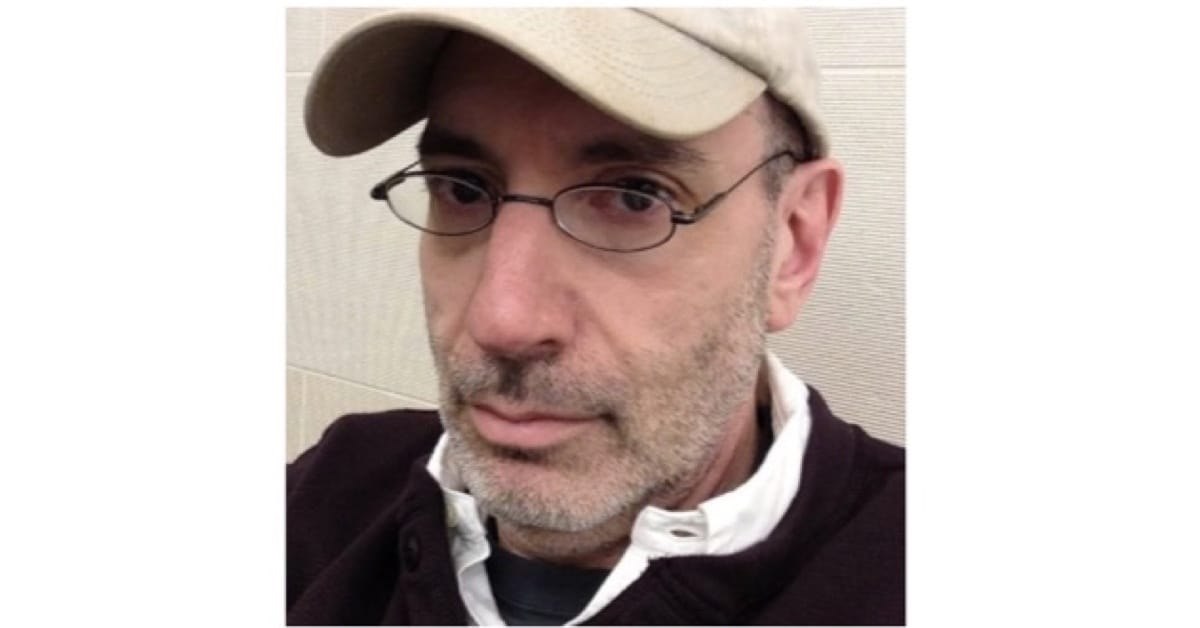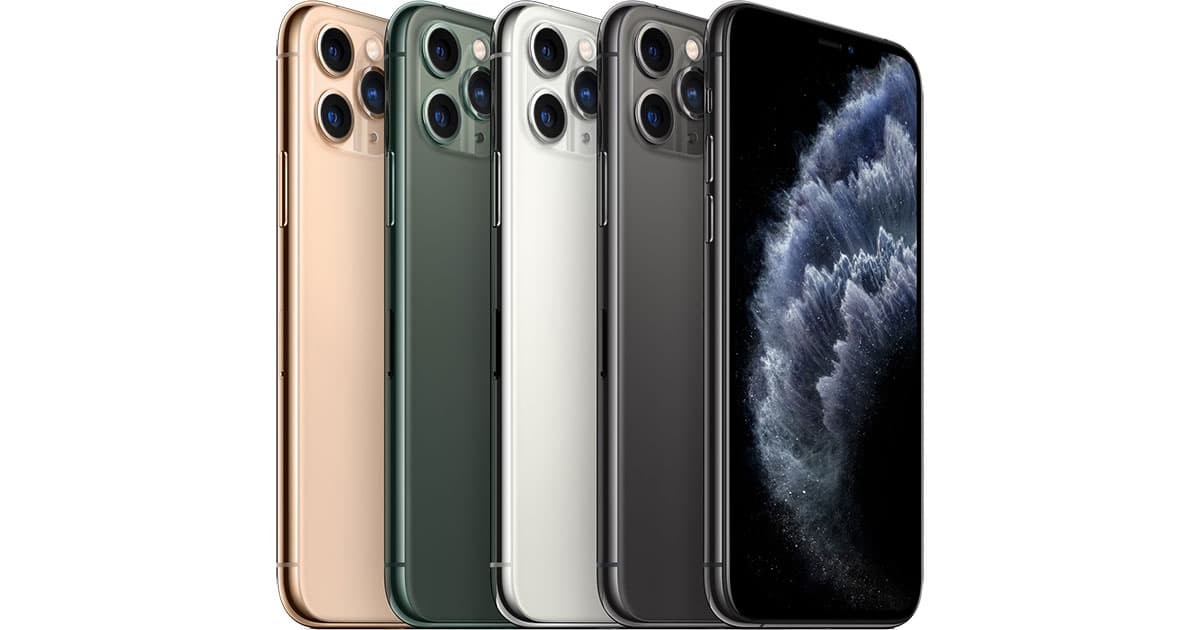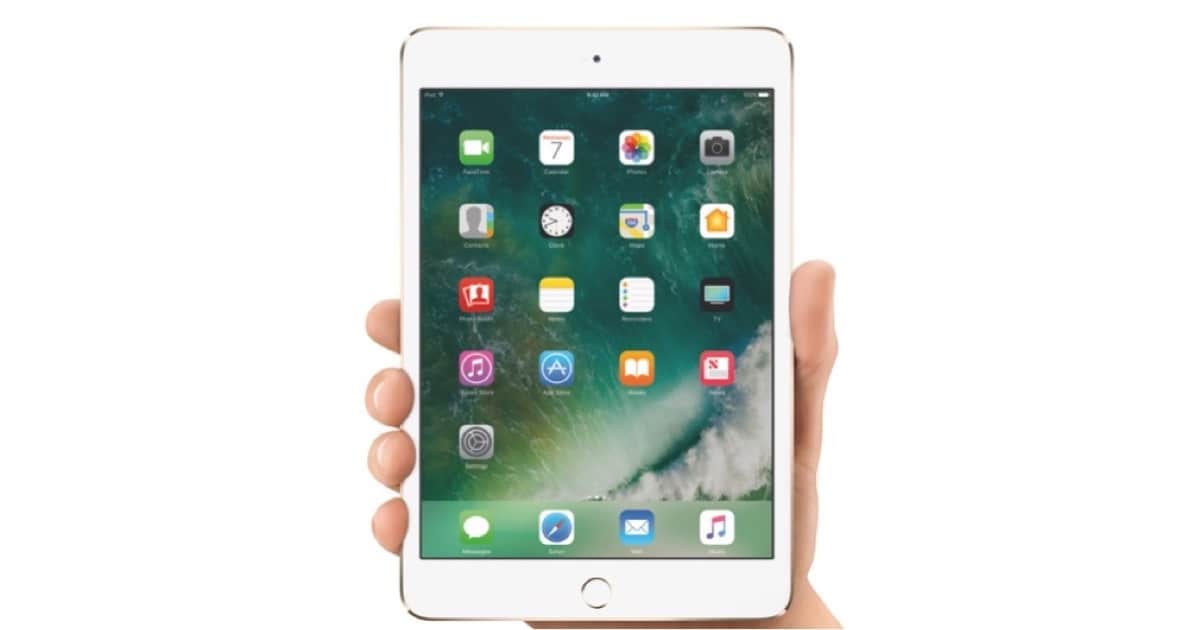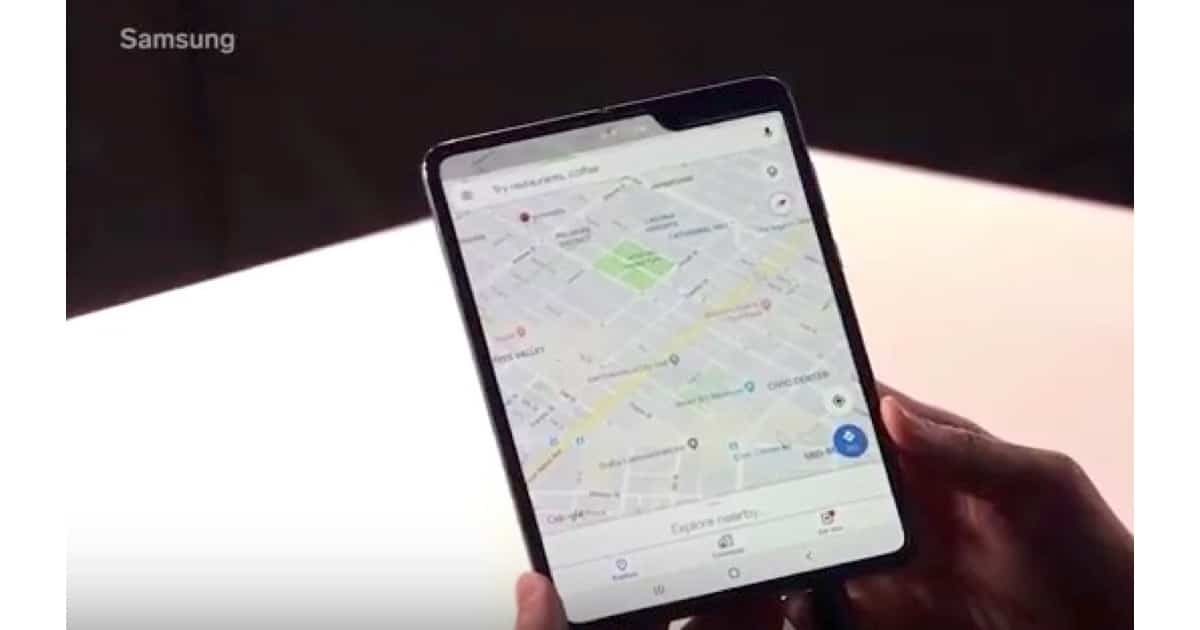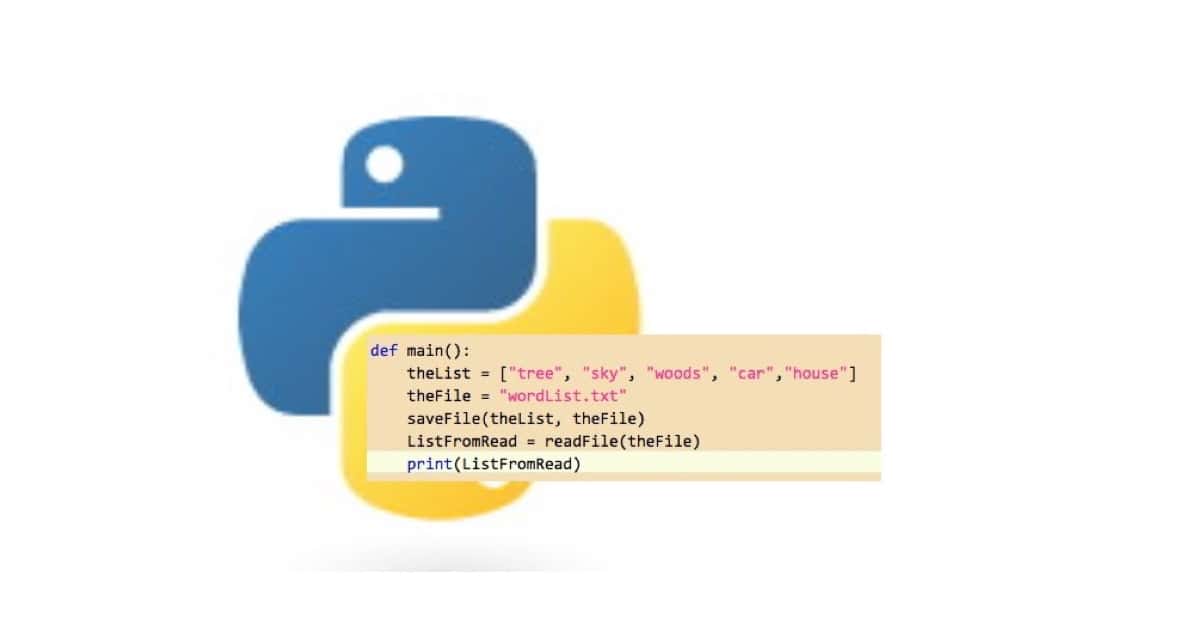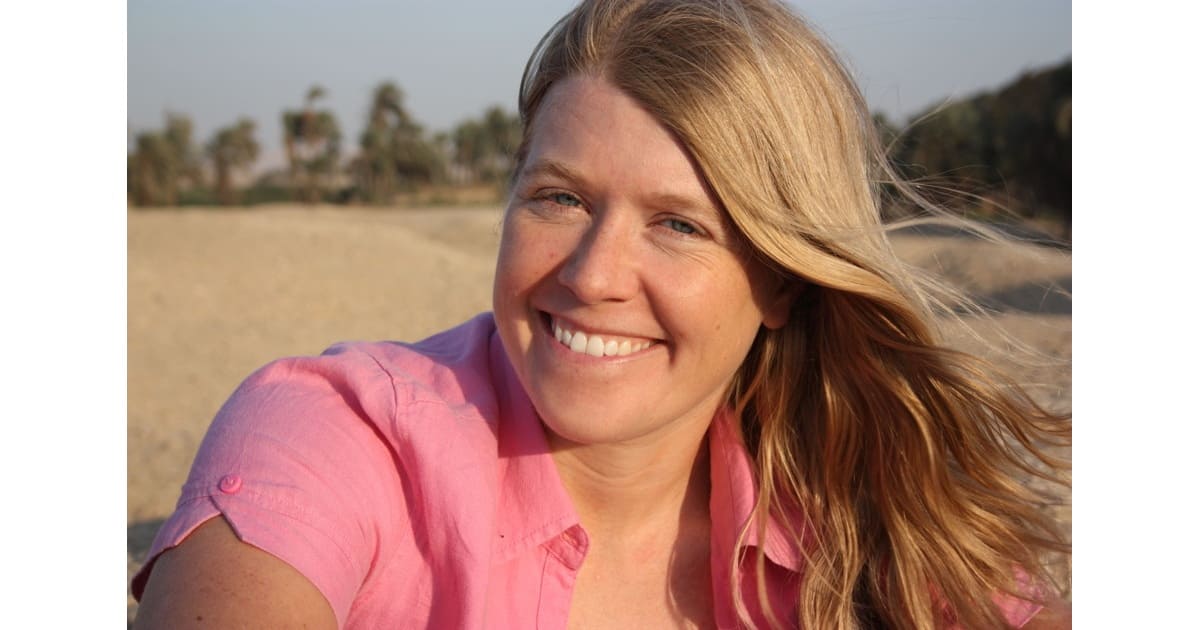Netflix has told John about a small change to the way Dolby Vision is confirmed on your Apple TV 4K and other streaming devices.
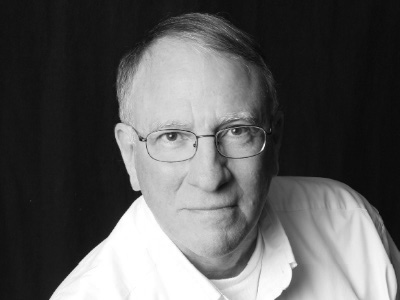
John Martellaro
John Martellaro was born at an early age and began writing about computers soon after that. With degrees in astrophysics (B.S.) and physics (M.S.), he has worked for NASA, White Sands Missile Range, Lockheed Martin Astronautics, the Oak Ridge National Laboratory and Apple. At Apple he worked as a Senior Marketing Manager, a Federal Account Executive and a High Performance Computing manager. His interests include chess, science fiction and astronomy. John is the host of the TMO podcast Background Mode.
Articles by John Martellaro
Former Apple Engineering Director Don Melton - TMO Background Mode Interview
Don Melton is probably best known as the person who started the Safari and WebKit projects at Apple and his rise to Apple Engineering Director of Internet Technologies. These days he’s an aspiring writer, podcaster and recovering programmer.
Don walks us through his early career starting with his aspiration to become a comic strip or comic book artist. His artistic talent led to a newspaper job which led to information graphics which led to work with Macs. His tinkering with the Mac revealed that he had a special talent for programming, and that ultimately led to his job at Netscape developing the Navigator browser. Later, a relationship with Andy Hertzfeld and Bud Tribble led to his job at Apple in 2001, chartered by Scott Forstall, to write a web browser. Don tells a fascinating story about the development of Safari for Mac OS X and the race to replace Microsoft’s Internet Explorer.
A Humorous Take on macOS: Like Linux of Old
It’s hard to have a sense of humor about a macOS affair that causes great grief. It requires a unique perspective to look at the lighter side. Here’s one.
Readers Report on macOS Catalina Install Issues
Some readers have sent John reports of macOS Catalina install problems. Scary stuff.
Productivity Coach Brittany Smith - TMO Background Mode Interview
Brittany Smith is a productivity coach who provides a variety of consulting services through her business, Devise and Conquer, that includes ADD/ADHD coaching, technology coaching, productivity consulting, and more. She is a self-designated “well-rounded geek.” She holds an M.S. degree in Cognitive Neuroscience.
In our chat, Brittany told me about her adventures with homemade videos, with a PC, as a youth. Her father was a podiatrist and her mother was a programmer, so there were always computers in the house. But the Vista version of Windows drove her into the arms of the Mac. In the second half of the show we delved into just what cognitive neuroscience is, her productivity and Apple tech coaching. Along the way we chatted about the influence of Star Trek (and Disneyland) on her career. Brittany sparkles in this interview.
Doing it Wrong With iOS Screen Time Limits
According to USA Today,
Some screen time is worse than others when it comes to kids and academic performance, according to a new analysis published in the medical journal JAMA Pediatrics.
Television viewing, followed by video games, were the two activities most tied to poor school performance, researchers showed in a review of 58 studies published over the decades.”
Other activities: not so much. This is a helpful article for parents.
Astrophysicist Dr. Brian Keating (#2) - TMO Background Mode Interview
Dr. Brian Keating is an astrophysicist at the Center for Astrophysics and Space Sciences at the University of California, San Diego. His specialty is cosmology, and he is the father of the original BICEP project (Background Imaging of Cosmic Extragalactic Polarization). Last year, Brian published a terrific, courageous book about his team’s research, some life lessons, and the challenges of scientific research: Losing the Nobel Prize: A Story of Cosmology, Ambition, and the Perils of Science’s Highest Honor. It’s now out in paperback.
This time, we expanded on the discussion in his book about his quest for the Nobel prize. At the core: what the polarization of the cosmic background radiation tells us about the Big Bang. We also delved into the theory of the multiverse and its relationship to the anthropic principle. Finally, find out how you could win a piece of a 4.5 billion year old asteroid.
NASA Chair, Lib. of Congress Dr. Susan Schneider - TMO Background Mode Interview
Dr. Susan Schneider is an Associate Professor of Philosophy and Cognitive Science at The University of Connecticut. She writes about issues in philosophy, AI, cognitive science and astrobiology. Within philosophy, she works on both the computational nature of the brain and the metaphysical nature of the mind. The topics she has written about most recently include radical brain enhancement, machine intelligence, consciousness, and the nature of persons. Her new book is Artificial You – AI And The Future Of Your Mind.
In our chat we covered many of the major issues of AI: the computational nature of the mind, consciousness, the question of whether consciousness is restricted to humans, extraterrestrial post-biological intelligence, AI implants in humans, and the ethical and cybersecurity issues of AI. Susan talks to AI issues you may have never thought about before. Join me in this awesome 30 minute virtual seminar on AI.
All the macOS Wallpapers: Jaguar to Catalina
USA Today/tech has published a showcase of the Mac OS X/OS X/macOS wallpapers throughout the years. It’s very cool. By the way, TMO discovered which galaxy was used for OS X Mountain Lion back in 2012.
Thriller Novelist Carter Wilson - TMO Background Mode Interview
Carter Wilson is the USA Today and #1 Denver Post bestselling author of six critically acclaimed, standalone psychological thrillers, as well as numerous short stories. He is an ITW Thriller Award finalist, a three-time winner of the Colorado Book Award, and his novels have received multiple starred reviews from Publishers Weekly, Booklist, and Library Journal. His latest novel, The Dead Girl in 2A, was released in July 2019.
Carter didn’t plan to become a novelist. It was really quite by accident. He got his bachelor’s degree from Cornell and planned to work in hotel services. Then, on a spring day in 2003, an exercise to ward off boredom during a continuing-education class evolved into a 400-page manuscript. Since that day, Carter has been constantly writing. We chatted about the craft of thrillers, his writing technique, killing off characters, and how he plans his storylines. It’s been an amazing journey.
Why The iPhone 11 Pro Has 3 Cameras
Just what are the two cameras on the iPhone 11 doing? What’s different about the three cameras on the iPhone 11 Pro? TechCrunch explains.
On the back of the iPhone 11 Pro can be found three cameras. Why? Because the more light you collect, the better your picture can be. And we pretty much reached the limit of what one camera can do a little while back. Two, three, even a dozen cameras can be put to work creating a single photo — the only limitation is the code that makes them work.
The Most Memorable Apple Ads Over the Years 1984-2019
Business Insider has collected in one place all the most memorable Apple ads over the years.
- We looked at the ads that have aired in the years since [1984] and highlighted the most memorable one each year, from dancing iPod silhouettes to the “Get a Mac” ad campaign.
This trip down memory lane is great to mull over as we’ve watched Apple grow and change.
Journalist & TMO Contributor Charlotte Henry (#2) - TMO Background Mode Interview
Charlotte is a London-based technical journalist. A self described media junkie, she writes about Apple—and now for the Mac Observer as well. She has also written for City A.M. (London’s daily business tabloid,) Computer Business Review, and the Independent on Sunday. Her new book is: Not Buying It.
In this special edition of BGM, Charlotte chats about her reactions to Apple’s September 10 iPhone event. She noted how Apple is in a new balancing act, promoting hardware to sell services—and vice versa. Charlotte told me about how pleased she is with the new iPad and plans to buy one. Then we took a closer look at the value proposition comparing the iPhone Xr to the iPhone 11. Charlotte also filled us in on her experience watching the event in the Apple London flagship store.
Former Apple Senior Director Michael Gartenberg (#7) - Background Mode Interview
Michael Gartenberg spent three years as Apple’s Senior Director of Product Marketing, reporting directly to Senior VP Phil Schiller. In his seventh appearance on Background Mode, Michael and I analyze Apple’s September 10, 2019 iPhone event: “By Innovation Only.”
We started with a discussion of the overall content and tenor of the event. Was the scripting more evident than usual? Is the format wearing thin? Why were there no success numbers touted as is customary? In the second segment, we looked at some of the new products announced. Michael and I also pondered whether some of the traditional inspirational and aspirational elements were in too short supply. And, crucially, why was Phil Schiller’s shirt tucked in? Michael is well versed in Apple marketing strategies and is always a delight to have on the show.
iPhone Naming Conventions Are a Mess
Ken Segall writes (Sep. 9) that it’s time to dump both the “i” in iPhone as well as the alphabet soup.
I think it’s amazingly cool that the i-thing happened, but everything has a beginning and an end. The trick is knowing when to end.
Smarts and forward-thinking always beats clinging to the past.
The truth is, Apple has already made the i-decision. It’s been years since a new i-product appeared. Apple Watch, Apple Music, Apple Pay, Apple Card—all would be i-things under the old rules.
Apple dropped the alphabet soup on Sep. 10 along with the bizarre “X” vs. “ten.” Will the “i” be next?
My Dilemma: iPad mini 5 or 7th Gen iPad?
John was all set to replace his iPad mini 3 with an iPad mini 5. Then Apple announced the low cost, 7th generation iPad for $329. Will he shift gears?
Tidbits Managing Editor Josh Centers (#5) - TMO Background Mode Interview
Josh Centers is the Managing Editor of Tidbits.com and has published many Take Control (TC) books. He’s the author of Take Control of Apple TV and Take Control of Home Automation. He’s been writing the Take Control books for iOS since version 8, and his latest book is Take Control of iOS 13 and iPadOS 13.
In his fifth appearance on the show, Josh and I explored his latest article (Aug. 30) at Tidbits that explores a controversial user interface issue in iOS 13. Josh is blunt about Apple’s questionable use of the ellipsis. We then took a 30,000 ft. view of the current disarray in the area of IoT, home automation and security. As an aside, Josh and I hypothesize about a new Apple product. We finished with a discussion of what sets iPadOS 13 apart from iOS 13.
The Case For Apple to Make Home Robots Just Got Stronger
The profitability of cars is low. And Apple is a mass-market consumer electronics company that maintains high margins. Seeking Alpha argues that Apple should use its AI tech for home robots instead.
Samsung Rethinks the Galaxy Fold Customer Experience
The Verge writes:
Samsung may have finally fixed the Galaxy Fold and confirmed new release dates for the foldable phone, but anyone who preordered the phone earlier this year may still be out of luck: Samsung is emailing customers to cancel all preorders while it “rethink[s] the entire customer experience” surrounding the sale of the phone,
How un-Apple.
Prepare Your iPhone for Hurricane Conditions
USA Today has a list of excellent tips on how to prepare your smartphone for disaster conditions.
If you’re preparing for a hurricane, your survival plan should include your smartphone. But you’ll want to do a few things in advance to make sure it will work, and actually be helpful in an emergency. And it’s a good time to remember: you won’t be able to rely on your mobile device for everything.
The author’s checklist is impeccable.
Astronomer Dr. Clay Sherrod (#2) - TMO Background Mode Interview
Dr. Clay Sherrod’s astronomical studies began, soon after his Ph.D. work, in 1970 with the Arkansas Sky, Inc., his private non-profit and educational research and educational program. Although now retired, the work, publications and outreach from him via the Arkansas Sky Observatory ranks among the top in private non-profit facilities.
In his second appearance on the show, Clay and I talked about his latest book which covers the entire spectrum of the change in the Earth’s climate. We noted that climate science has deep roots into the planet’s history and is based on the scientific method. Not everyone speaks the language of science, and so it’s important to identify authoritative sources that can be trusted. We tried to cover as many aspects as we could to deliver a broad picture of the perils facing the Earth.
The Origins of Unix - Now 50 Years Old
ars technica has posted at terrific story by Richard Jensen on the origins of the Unix operating system back in the late 1960s.
Maybe its pervasiveness has long obscured its origins. But Unix, the operating system that in one derivative or another powers nearly all smartphones sold worldwide, was born 50 years ago from the failure of an ambitious project that involved titans like Bell Labs, GE, and MIT.
A derivative of the original Unix OS, in the family tree of BSD, is the basis for macOS, iOS, and is even running in your Apple Watch.
It's Almost Crunch Time. R.I.P. Python 2
TechRepublic writes:
With just four months to go until support ends for Python 2, there are still some developers and projects that haven’t made the switch to Python 3….
The pressure to make the move is growing, with the Python 2 interpreter and bundled libraries due to cease receiving bug fixes from January 1st 2020.
This article describes the impact of the Jan 1st cutoff and steps to take for a successful migration to Python 3.
For more information about scripting language support in macOS Catalina, see: “macOS 10.15 Catalina Deprecates UNIX Scripting Languages.“
Archaeologist Dr. Sarah Parcak - TMO Background Mode Interview
Dr. Sarah Parcak is an archaeologist, anthropologist, Egyptologist, and remote sensing expert who has used satellite imaging to identify potential archaeological sites in Egypt, Rome, and elsewhere. She’s written the first textbook in the field of satellite archaeology, called Satellite Remote Sensing for Archaeology. She holds a Ph.D. from Cambridge University in Egyptian Archaeology and is currently at the Univ. of Alabama, Birmingham.
Sarah told me how she became fascinated by Egyptology at an early age. And, yes, she was influenced by Indiana Jones. In college, inspired by her father’s aerial photogrammetry work, she took a remote sensing class, and that gave her the idea years later, to use NASA satellite photos to identify prospective archaeological sites. These satellite photos can also reveal signs of looting. Sarah described how climate change and poor funding is adversely affecting the science of archaeology.
